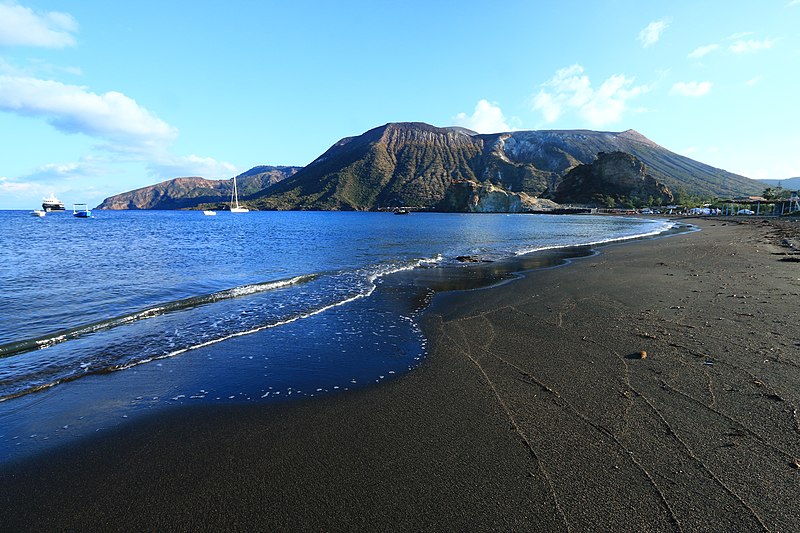April 21 NEC Energy News
¶ “Scientists Isolate Microbes That Eat Carbon Dioxide” • In the warm waters of an Italian volcano, scientists found microbes that gobble up carbon dioxide “astonishingly quickly,” they told The Guardian. Now they are hoping to put those microbes to work absorbing carbon dioxide as an efficient way of removing it from the atmosphere. [CleanTechnica]

¶ “Nuclear Fusion Will Not Be Regulated The Same Way As Nuclear Fission – A Big Win For The Fusion Industry” • The NRC, the top regulatory agency for nuclear materials safety in the US, voted unanimously to regulate the burgeoning fusion industry differently than the nuclear fission industry. Fusion startups are celebrating that as a major win. [CNBC]
¶ “Does India Have Enough Insurance Coverage For A Nuclear Disaster?” • India has barely half the insurance amount it needs in the event of a nuclear disaster, raising concerns among experts about a lack of oversight. There is a critical shortfall in funds that will be needed to compensate victims and pay for cleanup in case of a nuclear disaster. [Al Jazeera]
¶ “San Jose Chooses A Network Of Autonomous PRTs For Airport Connector Route” • The city of San Jose granted authorization to develop a network of autonomous cars that will travel on their own dedicated narrow 5.5-foot-wide paths. The system will start with 4-person electric pods transporting passengers between San Jose’s airport and two city areas. [CleanTechnica]

¶ “The World’s Biggest Banks Are Still Pouring Money Into Fossil Fuels” • Banks provided $673 billion to finance the fossil fuel industrylast year, even as oil and gas companiesmade $4 trillion in profits, according to the annualBanking on Climate Chaos report, authored by nonprofits that include The Rainforest Action Network and the Sierra Club. [CNN]
¶ “Greenland And Antarctic Ice Sheets Are Melting Rapidly And Driving Sea Level Rise, New Satellite Data Finds” • Combining data from fifty satellite surveys of Antarctica and Greenland, spanning the years 1992 to 2020, scientists of the Ice Sheet Mass Balance Inter-comparison Exercise found a six-fold increase in ice sheet melting over the past thirty years. [CNN]
¶ “Avangrid’s $1 Billion Power-Line Project Prevails In Maine Court” • A Maine jury granted a reprieve to Avangrid’s proposed $1 billion transmission line that would carry renewable energy from Canada to New England. Maine residents voted to halt the project in 2021, after Avangrid had received permits, spent $450 million, and begun construction. [Hartford Courant]
For more news, please visit geoharvey – Daily News about Energy and Climate Change.
